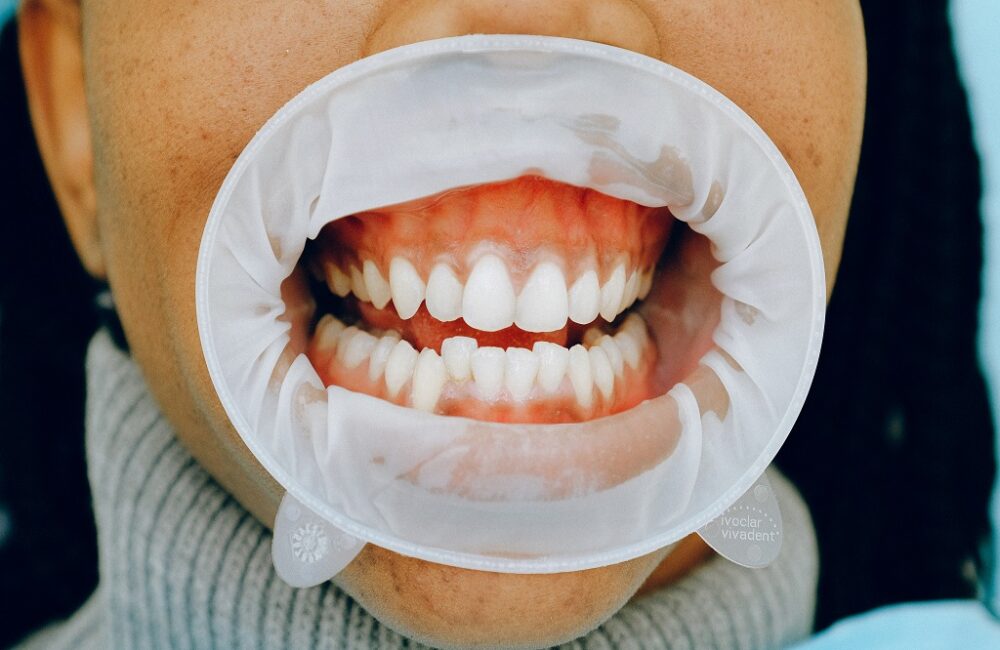Almost half the adults in the United States had advanced gum disease. But most are not aware that if left untreated, gum disease can cause severe problems. That’s why it’s important to know what gum disease is and what symptoms you can expect.
What Is Gum Disease?
Also called periodontal disease, gum disease is common in adults. This problem is caused due to plaque building up in your teeth. When the plaque is not cleaned properly during your everyday dental routine, it can cause your gums to become inflamed and infected.
Untreated gum disease can lead to gum recession and, eventually, the loss of your teeth. This is linked to heart disease and diabetes. Fortunately, following good dental habits can help prevent gum disease.
Factors that can put you at risk of developing dental problems and gum disease:
– Substance abuse and smoking
– Chronic health problems and HIV
– Poor diet and diabetes
– Period of hormonal instability and puberty
– Stress
– Advanced age
If you are worried that you may develop gum disease, it’s important that you pay special attention to your dental hygiene and consult your dentist from time to time.
The 3 Stages of Gum Disease
Gingivitis: Improper dental hygiene is what causes the easiest stage of gum disease. Gingivitis can sometimes have no symptoms. Other times, your gums may turn red, swell, or bleed when brushing and flossing. It is essential that you treat gingivitis before it worsens and becomes more severe.
Periodontitis: If not treated properly, gingivitis can progress to the next stage of gum disease. Periodontitis usually occurs when the plaque reaches below your gum line and produces toxins that trigger inflammation.
During this stage, your gums may recede and the gaps around your teeth could deepen. You may also notice that your gums are starting to separate from the top or bottom of your teeth. Infections could loosen your teeth and damage bones as well.
Advanced Periodontitis: During this stage, previous symptoms worsen and your teeth loosen more. Your gums may start to swell and bone loss will continue. You could also develop sensitivity to temperature changes.











